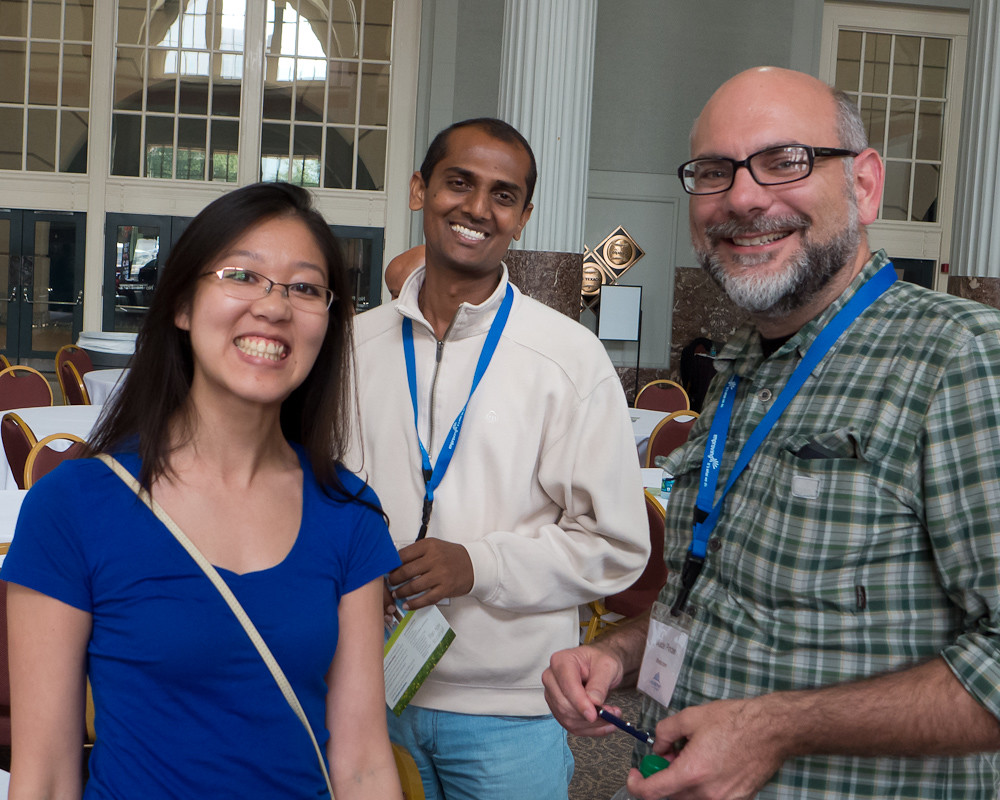As a part of the wonderful HoustonTechFest, an annual
community event for the technology industry, we got to have a very important
conversation on diversity in our communities. A very small portion of software
engineers are women. It is rather rare for women to enter, thrive, and build
successful long-term careers in the technology industry.
During our panel discussion at the HoustonTechFest “BuildingSoftware Is A Team Sport: Women In Technology” we discussed the benefits of
having both men and women participate and be successful in technology field. Participants
talked about the problems for different ages and career stages, and what we
as a community can do about it. We also looked
at the societal biases, rooted far outside the technology industry, that keep
men and women apart and less than successful professionally, and how each
one of us can help our friends and colleagues lessen the effects of these biases.
As a technology professional, I observe these biases nearly every
day. I work with many smart, successful, and open to diversity and true
meritocracy men and women. I also interact with people who believe that women
cannot be capable engineers.
Recently, I’ve come across a scary source of these biases. My toddler attends a wonderful daycare center – a loving, fun place where kids play, learn, and build their social
skills through interacting with other kids and many excellent teachers. Yet, one day my child came home from daycare
with this scary idea: “Girls are nice. Boys create messes. I do not like boys.”
She went on to name girls who she likes, because they are girls, and boys who
she does not like, since they are boys.
We have had several conversations as a family how boys and
girls are both kids who play and learn together, how boys and girls can both be
nice and fun. How it is OK to not like kids who are mean or angry, but it is not
fair to not like or not play with a kid simply because he is a boy (or a girl, for
that matter).
However, this is a tough message to deliver to a little kid.
Just as tough as it is to convince grown up, professional men and women with
extensive work and life experience, that both men and women can be smart,
capable, innovative, and contribute greatly to the success of the industry, if given a chance.
The struggle continues. Please join us for our next discussion about
successful diverse teams in technology.


No comments:
Post a Comment